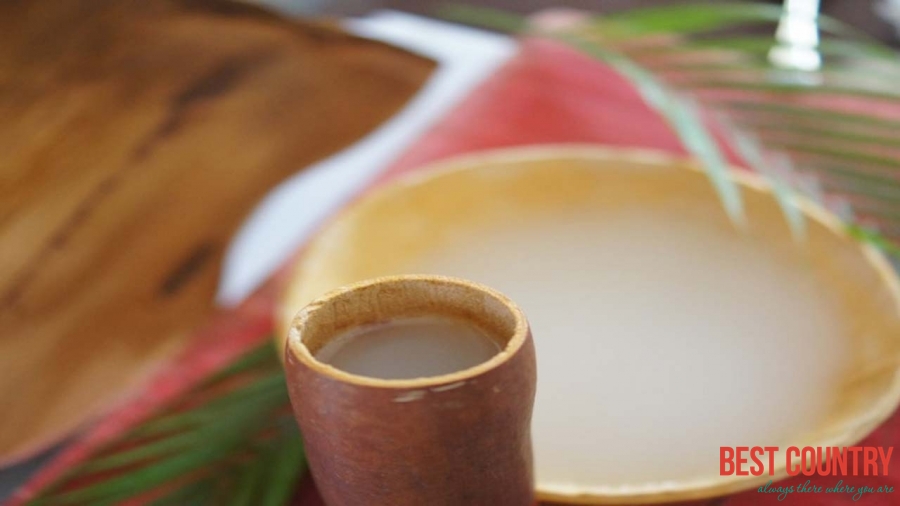Nigeria
Festivals in Nigeria
Nigeria has many local festivals that date back to the time before the arrival of the major religions, and which are still occasions for masquerade and dance. The local festivals cover an enormous range of events, fromMada Dancers harvest festivals and betrothal festivals, to the investing of a new chief and funerals.
Alcoholic beverages in Nigeria
Palm wine (fermented from sap of palm tree, its alcohol content can reach up to 12%, and in some areas it's spiked with other types of alcohol. If you decide to try it, buy it from a producer that you trust).
Festivals in Nigeria
Nigeria has many local festivals that date back to the time before the arrival of the major religions, and which are still occasions for masquerade and dance. The local festivals cover an enormous range of events, fromMada Dancers harvest festivals and betrothal festivals, to the investing of a new chief and funerals.
